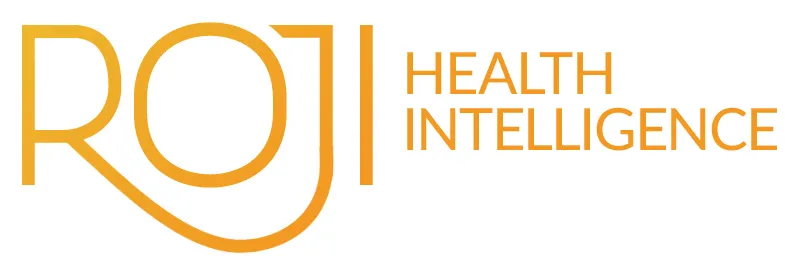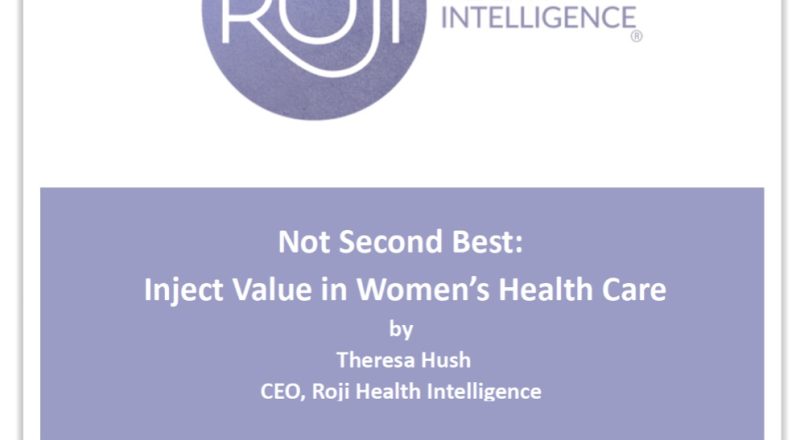In recent articles, we’ve discussed how Value-Based Health Care must help consumers make good decisions. Equally as important, CMS is now emphasizing how physicians should serve as navigators for their patients, providing information and guidance. Let’s take a closer look at how the triad of primary care physician, specialist consultant, and patient can effectively engage […]
How Consumers Can Choose Quality in Value-Based Health Care
In our last article on how Quality should be reflected in Value-Based Health Care, we looked at the problematic route of quality measurement and reporting. The intent to develop payment for quality has resulted in a complex measurement system that produced provider-specific performance scores across hundreds of measures, yet has failed to advance achievement of […]
Fixing Clinical Science Requires a Moonshot
“We chose to go to the moon” President John Kennedy’s statement instigated a monumental marshaling of resources to achieve a remarkable goal. Those famous words also established a powerful metaphor for aiming high. We need an equally monumental shift in purpose and commitment of resources for how we conduct clinical science. Nothing less than our […]
AI May Be the Future, But It’s Not (Yet) the Future of Clinical Research
Good medical practice depends on good clinical research. Without rigorous, replicable, reliable research findings, we cannot trust that our medical decisions are based on truth. To put it bluntly, flawed research leads to bad medicine. It’s essential that we get it right. In this series, I have argued for a more rigorous approach. The present […]
Get the eBook “Not Second Best: Inject Value in Women’s Health Care”
Six months ago, I started writing about women’s health, in response to this simple question: What trends are emerging in health care for 2019? The New Year is filled with predictions about what is coming, and I thought this year’s list from health care leaders was too “last-year.” Artificial intelligence, medical science advancements in biologicals […]
How Providers Must Improve Value in Women’s Health
Writing the Roji Health Intelligence® series on gender disparities and other women’s health issues has been a revelation. As a woman who has worked in so many parts of the health care industry, I was already aware of basic gender disparities, risk levels, incidence of disease, and economic issues that are predominant among women. Most […]
Do “Women’s Health Centers” and Services Deliver on Value-Based Health Care?
Women make an astounding 80 percent of health care decisions for themselves and their families. But there’s a disconnect between what women need and how providers have organized health care for them. While Value-Based Health Care (VBHC) is struggling to achieve more value for every health care dollar spent, providers are simultaneously sabotaging women in […]
Bootstrapped ACOs Facing Risk? Adopt Cost Strategies With Long Term RoI
The experimental phase of Medicare ACOs has been officially declared dead, per CMS. Going forward, ACOs must agree to take on financial risk for expenditures beyond their targets. That’s sobering news for the majority of ACOs still struggling to succeed. The reality is that most ACOs are bootstrapped—light on extra funding and dependent on existing […]
When Women Call Out Medical Gaslighting, Providers Lose the Whole Family
A smart business would not deliberately blame customers for needing their services or accuse them of spinning fictions. A business dependent on customer loyalty and engagement for their success—and what business doesn’t?—would normally pay close attention to customer concerns in social and mainstream media. All the more so in health care, where the needs are […]
If Not Now, It’s Too Late: Simple Randomization Can Lead to False Inferences About Treatment Decisions
Medical decisions are best made on the basis of clinical science. Accurate research, shared between physician and patient, enables the patient to make an informed choice about risks and outcomes of treatment options. That’s how it should work, in theory. But in practice, even with the best shared medical decision-making, far too much clinical research […]










